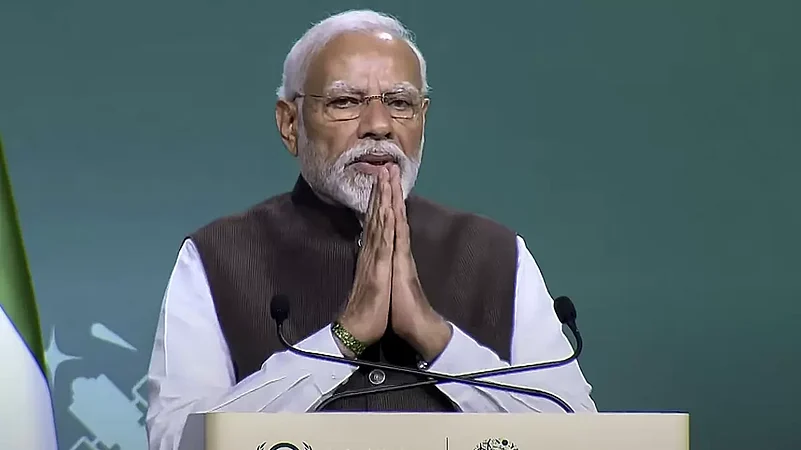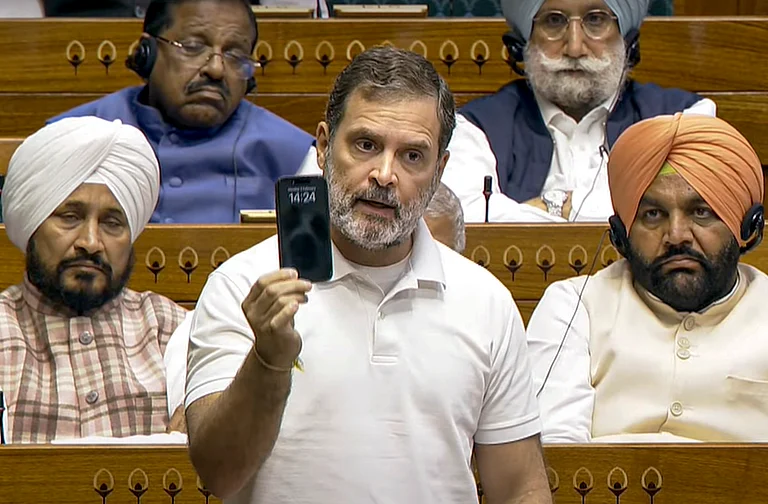Despite India's prior commitment under its G20 presidency, both India and China opted not to sign the pledge at the COP28 climate summit on Saturday, which aimed to triple the world's renewable energy capacity by 2030.
During the UN's climate talks, a significant 118 countries endorsed this ambitious goal, designed to reduce global reliance on fossil fuels in overall energy production. Nations such as Japan, Australia, Canada, Chile, Brazil, Nigeria, and Barbados were among those backing the pledge.
While China and India have expressed support for the threefold increase in renewable energy by 2030, they refrained from formalizing their endorsement during Saturday's proceedings. The commitment involves not only scaling up clean power but also reducing the utilization of fossil fuels.
The pledge specifically called for a phasedown of unabated coal power and cessation of financing for new coal-fired power plants. "Unabated" fossil fuels typically refer to the continued use of coal, oil, and gas without efforts to curtail emissions, though a universally accepted and precise definition of this term is currently lacking.
The International Energy Agency stresses that the world must triple its renewable energy capacity and double the rate of energy efficiency by 2030 to decrease demand for fossil fuels and limit global warming to 1.5 degrees Celsius by the end of the century.
India's 14th National Electricity Plan (NEP) outlines a trajectory to more than triple its renewable energy capacity by 2030. However, achieving this ambitious goal requires a substantial investment of USD 293 billion, as reported by global energy think tank Ember last week.
Ember's analysis reveals that India requires an additional financing of USD 101 billion (one billion = Rs 100 crore) to further expand its renewable energy capacity and align with the IEA's proposed net-zero scenario.
India's current goal is to reach 500 GW of installed electricity capacity from non-fossil fuel sources by 2030.
India's decision has gauged mixed reactions from Indian experts.


























